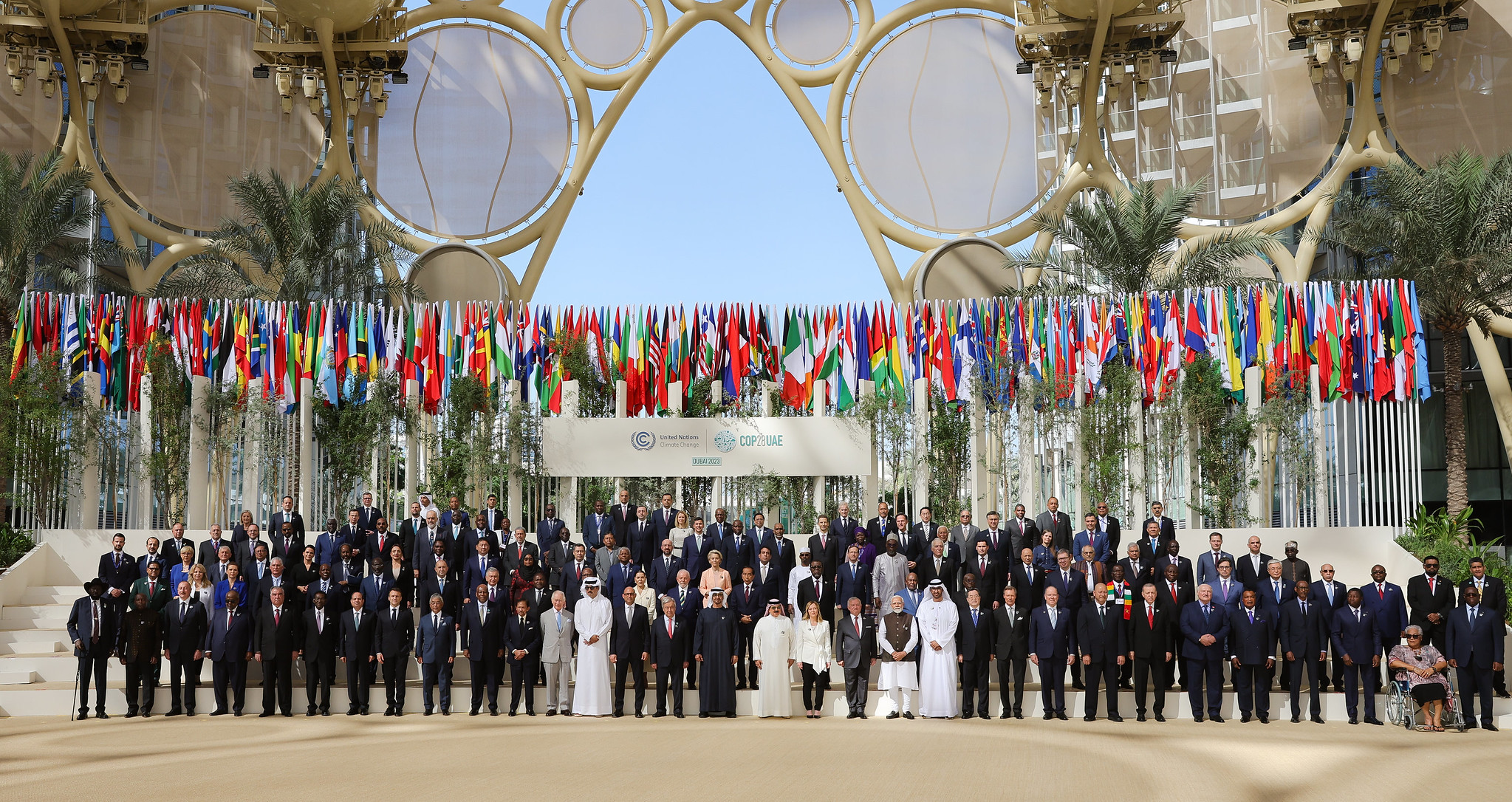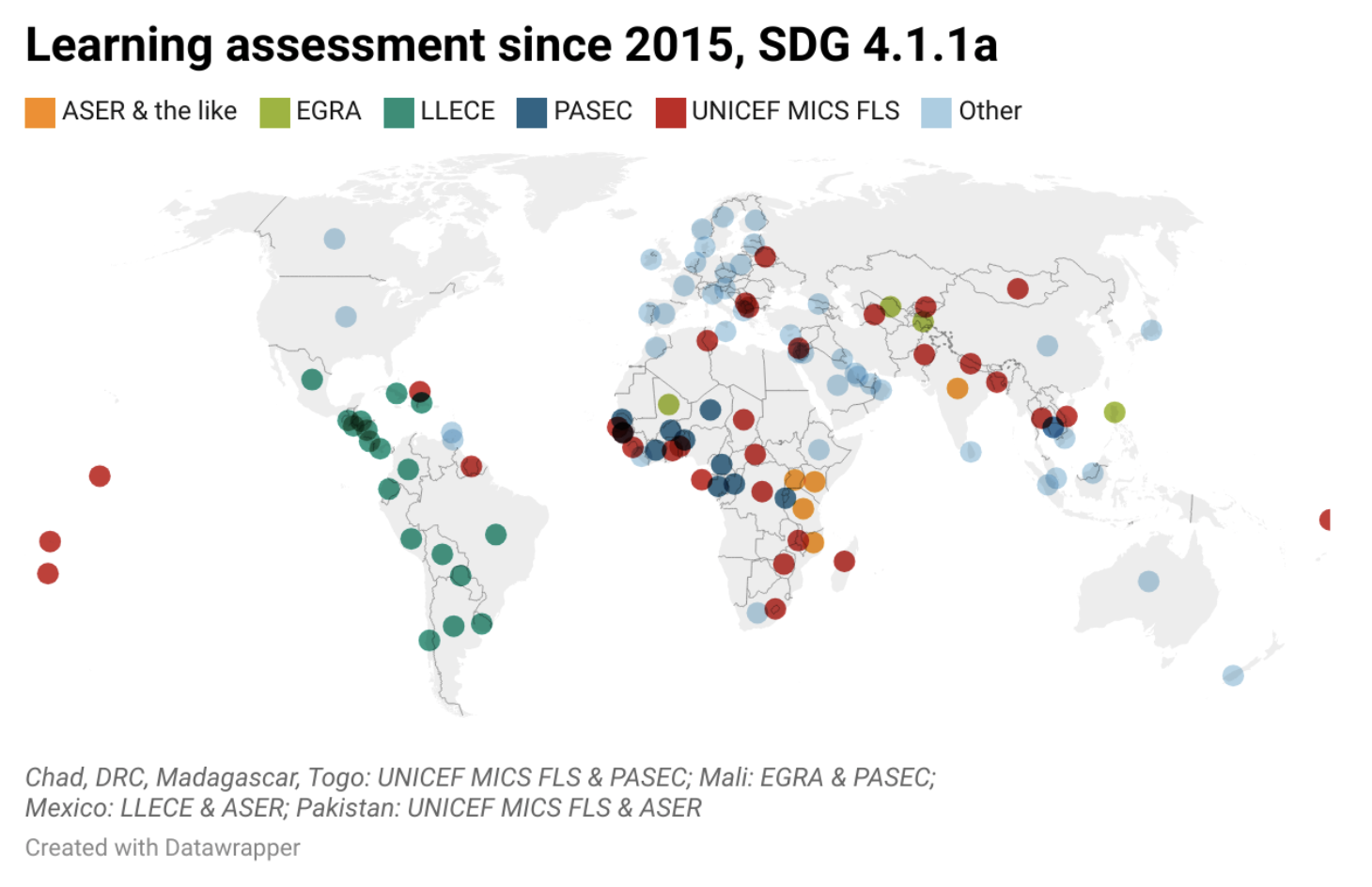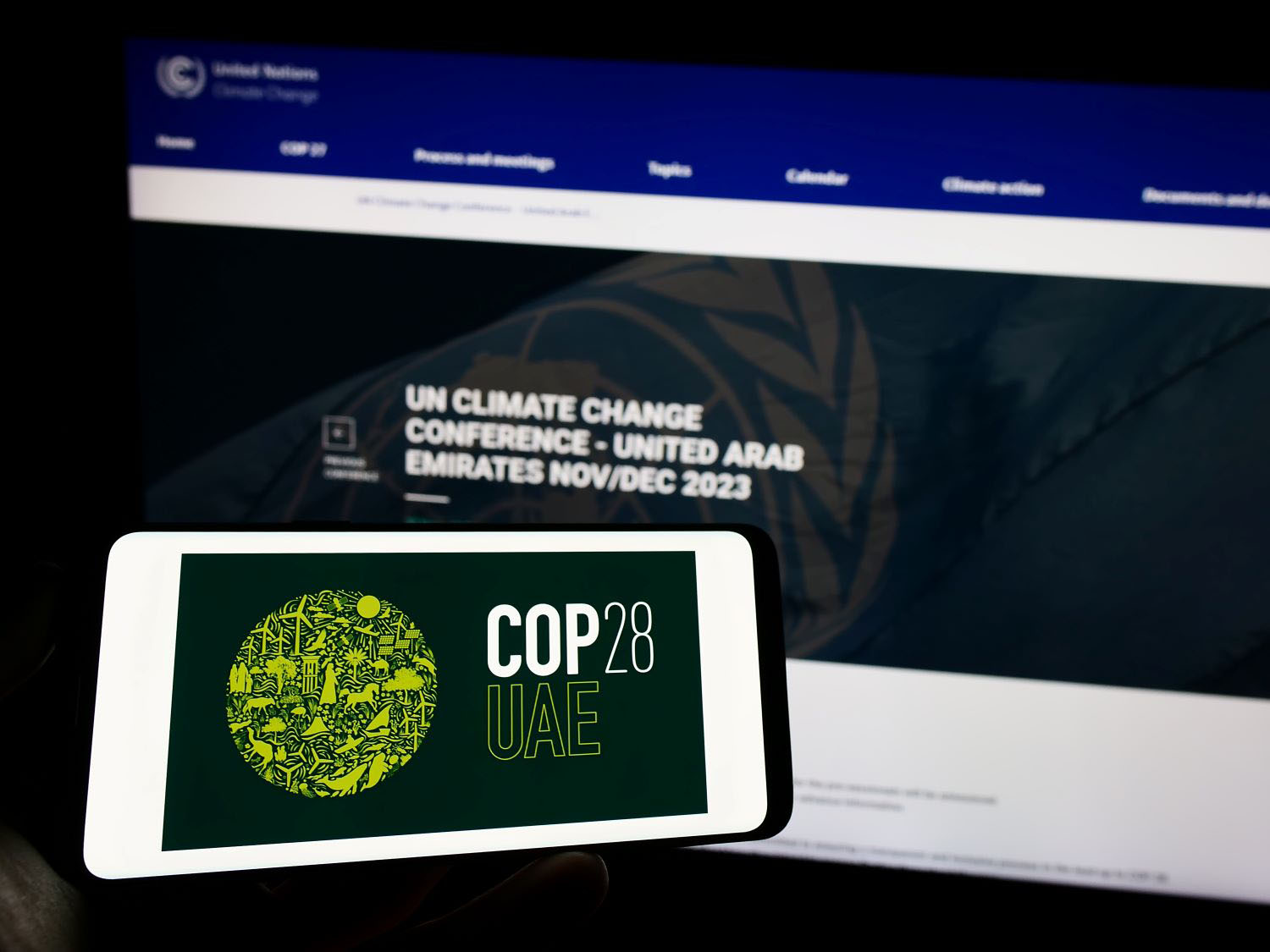This recent Columbia Journalism Review article on Hiding the Real Africa reports:
And now for some good news out of Africa. Poverty rates throughout the continent have been falling steadily and much faster than previously thought... The death rate of children under five years of age is dropping… Africa is “among the world’s most rapidly growing economic regions,” according to the McKinsey Quarterly… Yet US journalism continues to portray a continent of unending horrors…
Karen Rothmyer, the author, suggests that:
the main reason for the continued dominance of such negative stereotypes, I have come to believe, may well be the influence of Western-based non-governmental organizations (NGOs) and international aid groups like United Nations agencies. These organizations understandably tend to focus not on what has been accomplished but on convincing people how much remains to be done. As a practical matter, they also need to attract funding. Together, these pressures create incentives to present as gloomy a picture of Africa as possible in order to keep attention and money flowing, and to enlist journalists in disseminating that picture.
(HT
Good intentions are Not Enough).Rothmyer is surely right that aid agencies and NGOs have incentives to accentuate the negative. As she suggests, that’s partly for the good reason that there’s a lot of negative still around which we ought to be doing something about --urgently. But it is also because tragedy sells.A question I get asked a lot as I talk about
Getting Better and the global progress in quality of life is ‘why don’t we hear this more often?’ My first reply is that development progress is largely about less exciting stuff going on –fewer people shot, or felled by disease, or intimidated by the police or army. Things
not happening is hard to write a compelling story about –there are only so many times a newspaper will run a story about nine million infants not dying this year thanks to reduced mortality over the last half century. Remember Tolstoy’s maxim: “
happy families are all alike; every unhappy family is unhappy in its own way.”If it is much easier to communicate tragedy than success, it clearly makes sense for each individual agency or NGO to get their message out by trumpeting catastrophe. But there are real negatives to that approach. Rothmyer mentions that it skews policymaking towards disaster management, deters investment and is dispiriting to people in Africa working for change.Beyond that, if every agency continually cries crisis, it reduces the incentive to give assistance to any of them. If, after fifty years of working to improve conditions in Africa by NGOs, aid agencies and governments, everyone agrees we’re still in a crisis, that surely suggests it is pointless to try to help. We’ve failed to lift a crisis for fifty years –what’s different now? Aid fatigue (despair at “pouring money down foreign rat-holes”, in Senator Jesse Helms’ impassioned complaint a decade-plus ago) seems eminently logical.The tragedy of continually calling tragedy is that NGOs, aid agencies and governments have in fact been part of the immense progress in quality of life we’ve seen in Africa and elsewhere over those fifty years. And
that’s why it makes sense to provide continuing assistance. But you wouldn’t know it from the average agency press release.The General Assembly of European NGOs has developed a
code of conduct which covers communications and commits signatories to “avoid approaches that potentially stereotype or sensationalise people, situations or places” and “truthfully represent the particular situation both in its immediate and in its wider context.” A broader commitment to those principles would be a great first step –and potential donors might want to ensure that the organizations they support adhere to them.
CGD blog posts reflect the views of the authors, drawing on prior research and experience in their areas of expertise.
CGD is a nonpartisan, independent organization and does not take institutional positions.





